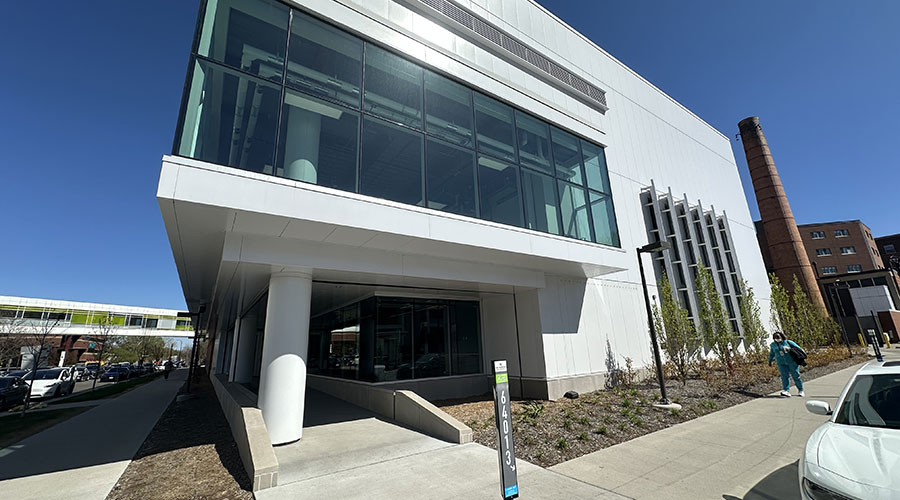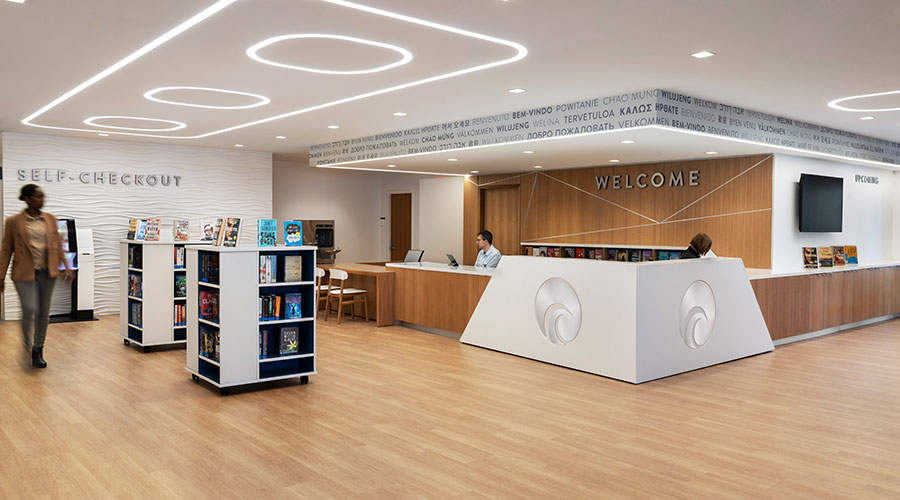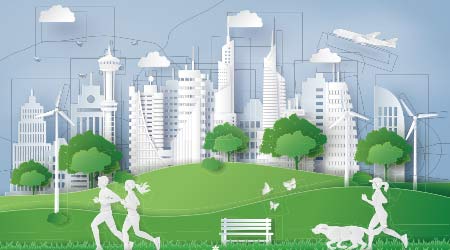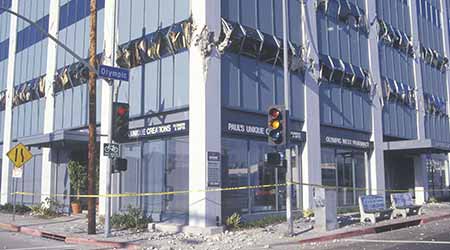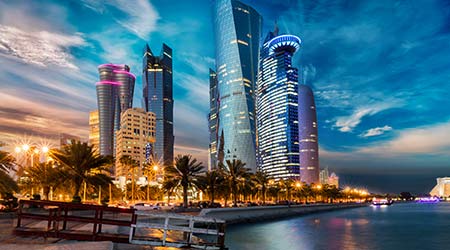
Doha, Qatar
A Modest Proposal: What If We Air Condition the Outdoors?
October 22, 2019
Combatting the worst effects of climate change requires a dual-approach of adaption and mitigation. Adaptation, because we’ve already crossed certain greenhouse gas thresholds and are already experiencing irreversible climate change. Mitigation, because there is still time to prevent even worse.
Ideas abound on how best to accomplish both goals, some are smart and technologically savvy. And some, like what is about to happen in Doha, Qatar, seem insane. Doha, a city whose daytime high temperature routinely hits 120 degrees or hotter, is building 11 soccer stadiums in anticipation of hosting the 2022 World Cup, and is using a newly designed and engineered system to literally air condition the outdoors, according to a story in the Washington Post.
For many, this idea will recall your father’s stern warning about “air conditioning the whole neighborhood” when you left the front door open. But this proposal is 100 percent serious and has already been used in a few prototypes. And not only is Doha air conditioning its open-roofed soccer stadiums, but also in order to combat the extreme heat in the desert city, it’s also air conditioning outdoor spaces like markets, outdoor sidewalks, and malls.
So this is the type of idea that seems to check the adaptation box, but surely destroys the mitigation goal. All that air condition uses more electricity, which of course, increases climate change, which makes Doha hotter, which requires more air conditioning. About 60 percent of Qatar’s energy use is for cooling, compared to 15 percent in the U.S., according to the Post piece.
Doha says, however, that the 2022 World Cup will be “carbon neutral” by using a combination of offsets, planting trees, and renewable energy, like solar. But it’s hard to imagine how the energy accounting for that will work out. The good news, at least for Qatar, is that money here isn’t an issue. The oil- and gas-rich nation has plenty, and plans to pour as much as is required into the engineering for this upcoming World Cup.
This post was submitted by Greg Zimmerman, executive editor, Building Operating Management and FacilitiesNet.com. Read his cover story about Chris Walinski and his mission to make open offices flexible and productive.
Next
Read next on FacilitiesNet






